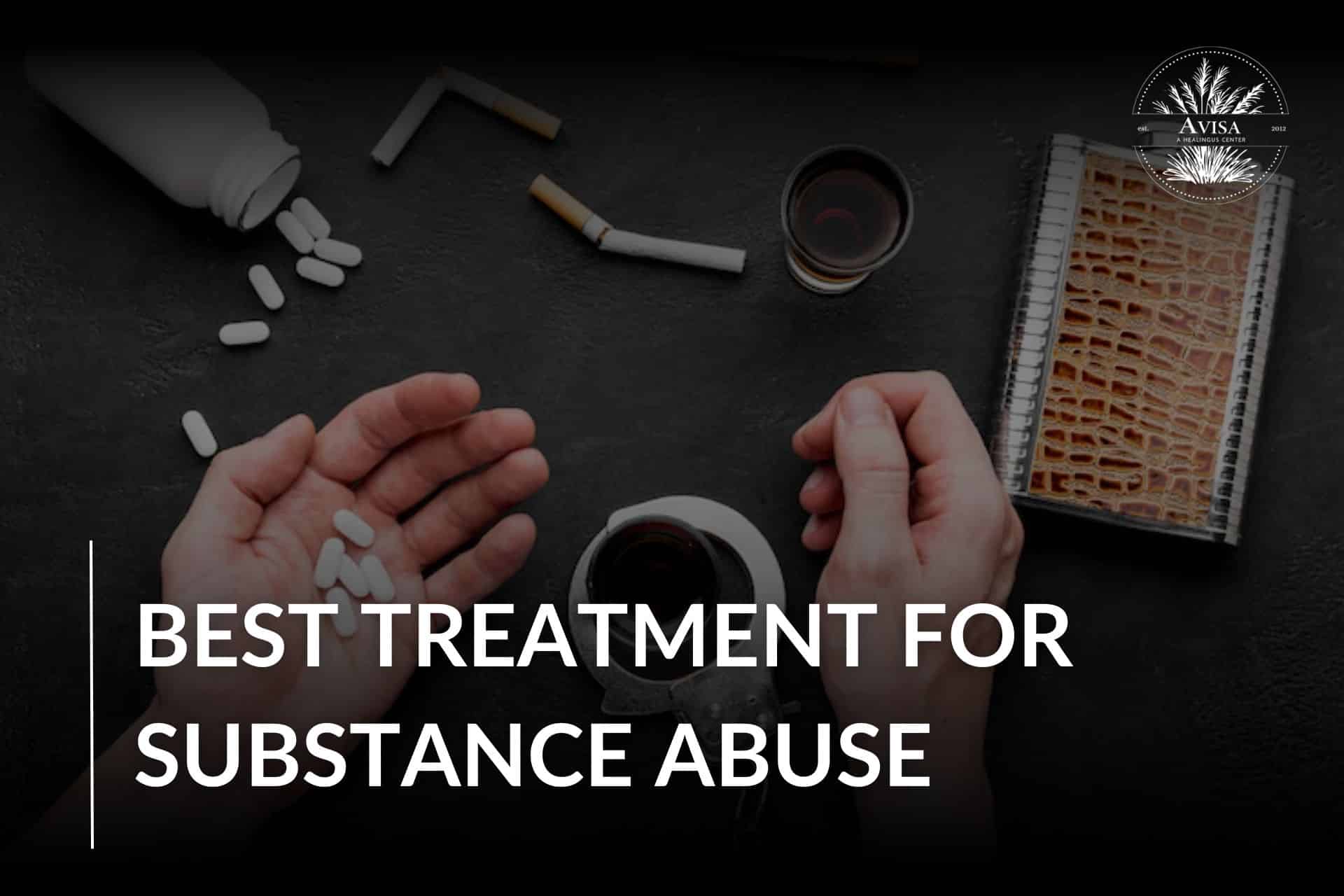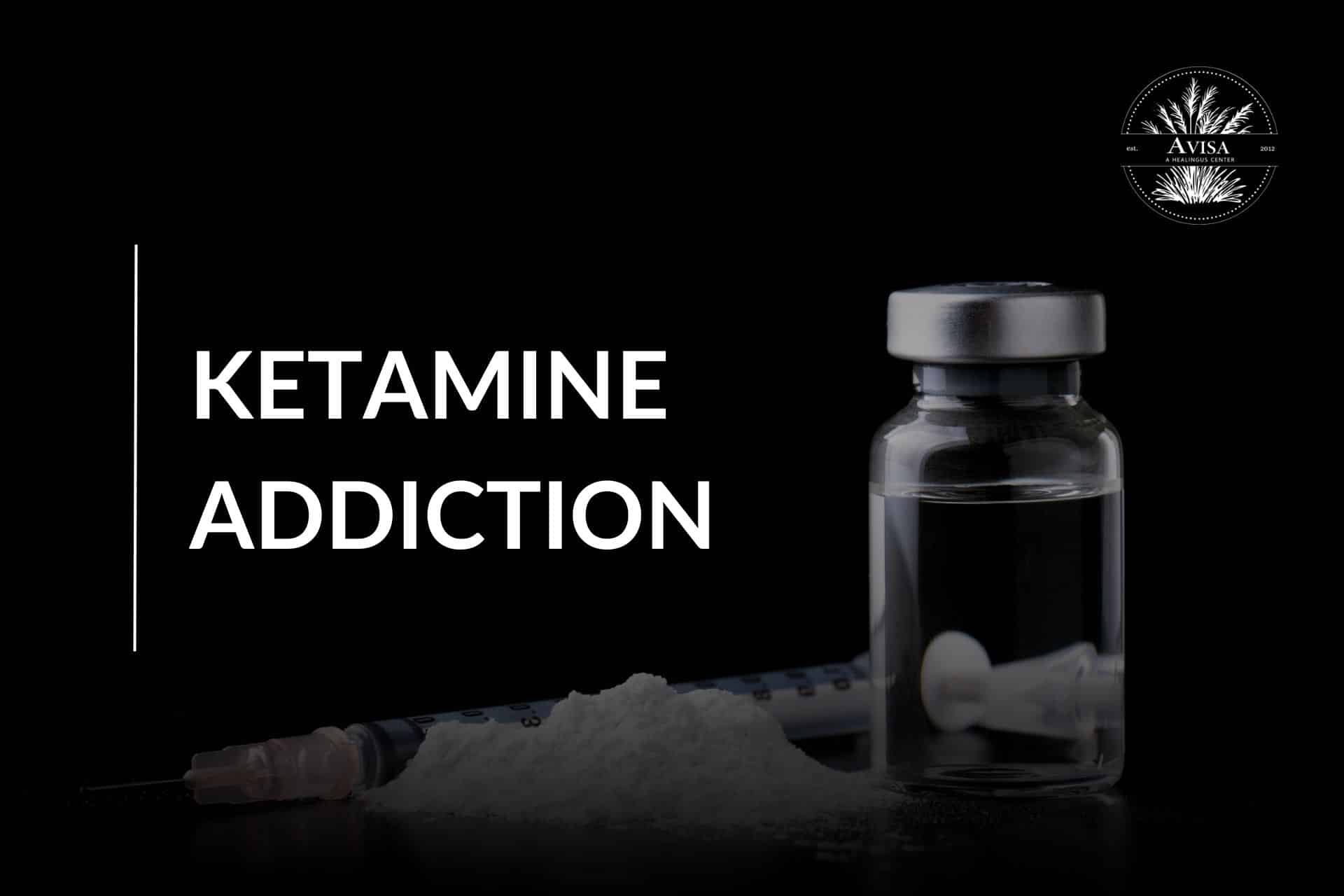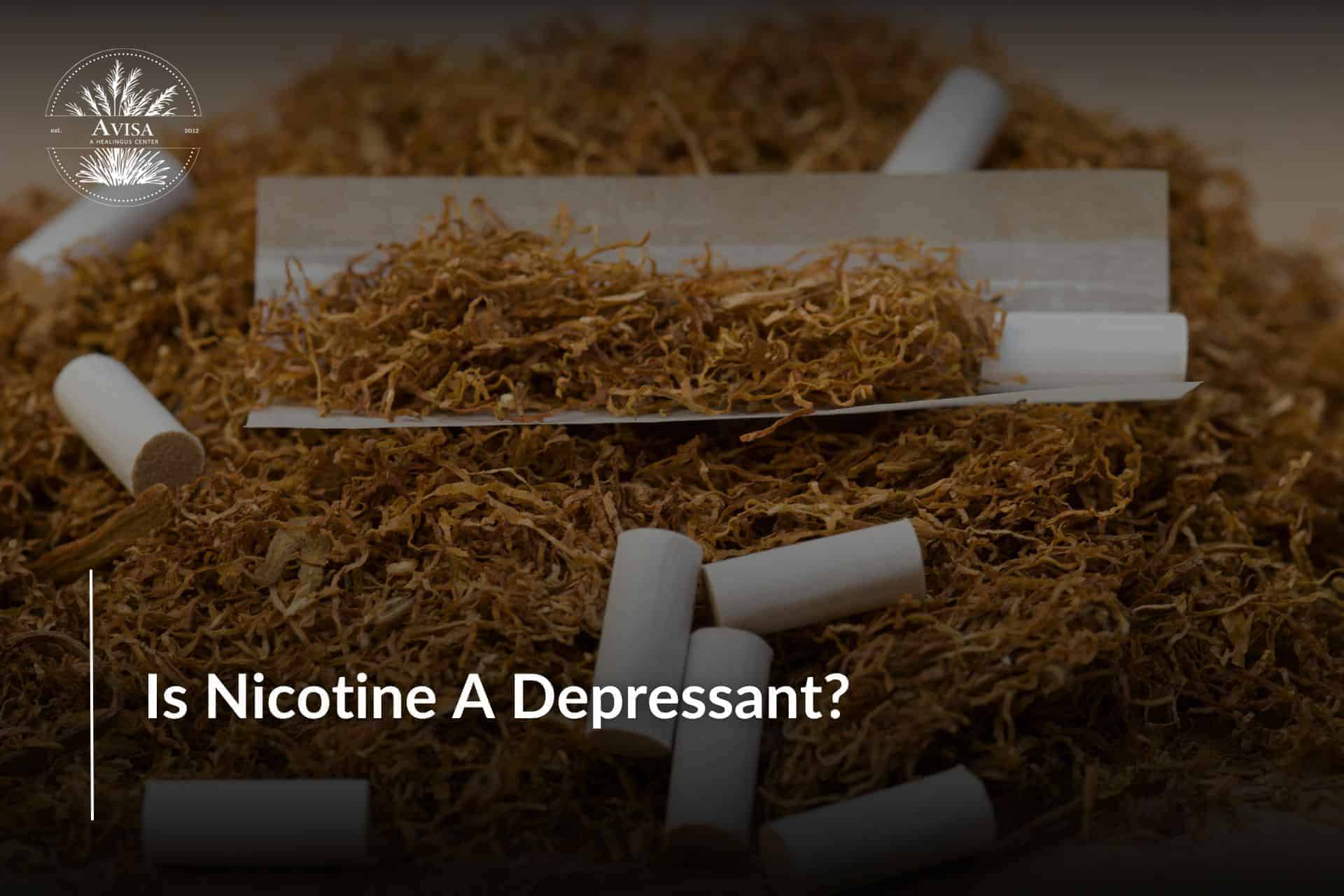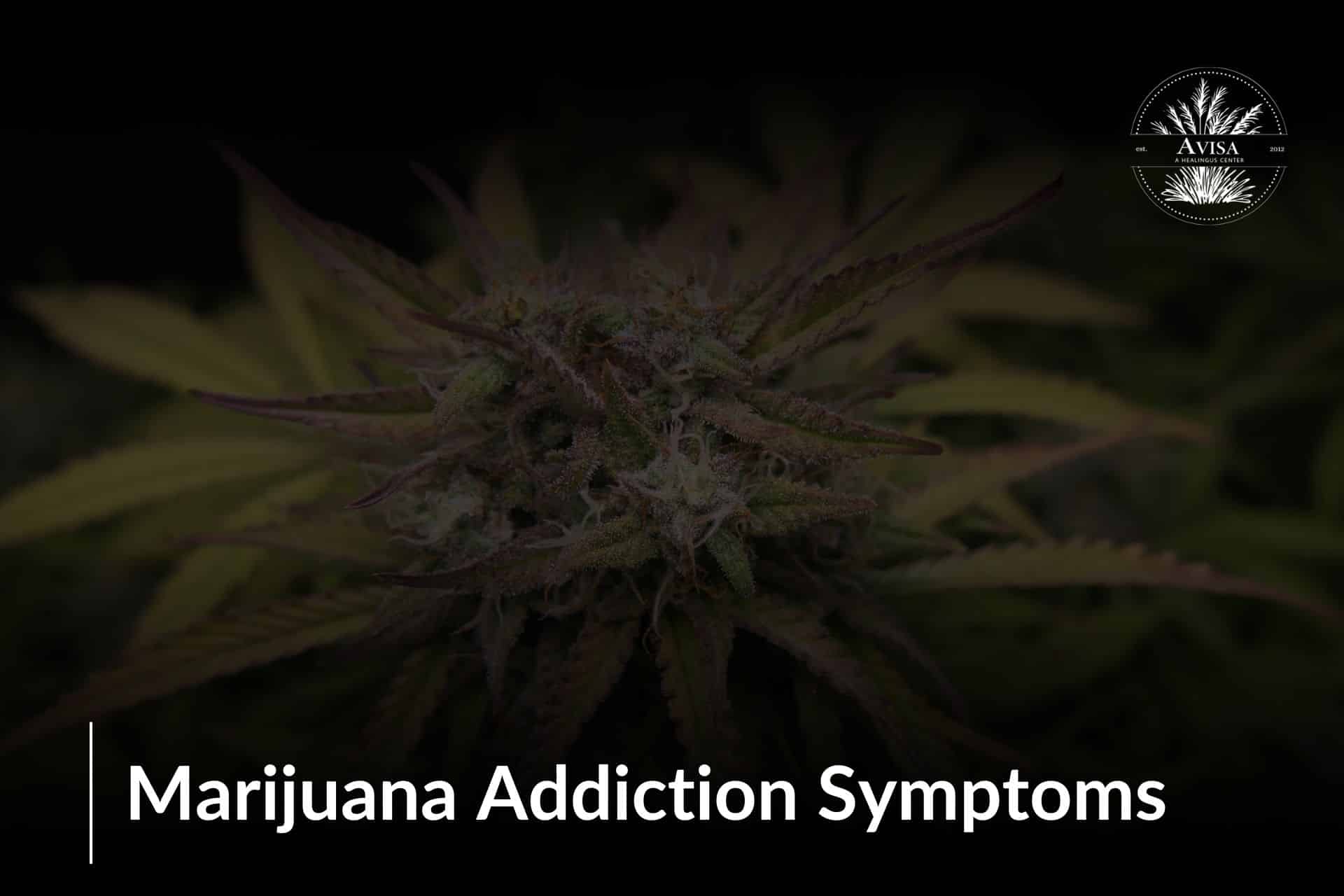Key Takeaways
- Ketamine therapy can offer rapid relief for certain mental health conditions, but managing its effects long-term requires careful planning.
- Maintenance doses should be tailored to the individual’s response and scheduled to sustain the initial benefits.
- Adopting healthy lifestyle choices, such as regular exercise and a balanced diet, can enhance the positive effects of ketamine therapy.
- Building a support system and engaging in self-care activities are crucial for long-term mental wellness.
- Regular check-ins with healthcare providers help in monitoring progress and making necessary adjustments to treatment plans.

Ketamine’s Role in Treating Mental Health Conditions
Ketamine, once known mainly for its use in anesthesia, has emerged as a breakthrough in treating certain mental health conditions. It works differently than traditional antidepressants, targeting the brain’s NMDA receptors and promoting the growth of new neural connections. This can lead to rapid improvements in mood and thought patterns, which is why it’s so effective for treatment-resistant depression, PTSD, and severe anxiety.
Imagine a world where the weight of chronic depression lifts in hours instead of weeks. That’s the potential of ketamine therapy for many individuals.
However, the journey doesn’t end with the last infusion. Because let’s face it, mental health is a marathon, not a sprint. And that’s where long-term management strategies come into play.
From Immediate Relief to Sustained Healing
The initial ketamine treatments often bring significant relief. Patients might feel like they’ve been given a new lease on life. But these effects can diminish over time, which is why a plan for the long haul is critical.
So, what’s next after the initial success? It’s all about maintaining that newfound clarity and peace of mind. The key is to find a balance that keeps the darkness at bay while also embracing the full spectrum of mental health care.
Ensuring Continued Success After Ketamine
Success after ketamine therapy isn’t just about keeping symptoms in check. It’s about building a life where you can thrive, not just survive. And that means putting together a puzzle where each piece supports your overall well-being.
Long-Term Strategies to Extend Ketamine’s Benefits
- Work closely with your healthcare provider to determine the optimal frequency and dosage of maintenance ketamine infusions.
- Stay vigilant about your mental health and communicate any changes to your healthcare team.
- Consider complementary therapies such as psychotherapy, mindfulness, or medication to bolster the effects of ketamine.
Maintenance treatments are often spaced out over time, gradually extending the interval between sessions as you stabilize. But remember, this isn’t a one-size-fits-all approach. Your plan will be as unique as you are.
Maintaining Mental Wellness
Besides the treatments themselves, maintaining mental wellness involves daily practices and lifestyle changes. It’s about creating an environment where your mind can continue to heal and grow.
Most importantly, don’t underestimate the power of simple things like a walk in the park or a good night’s sleep. These aren’t just nice to have; they’re essential tools in your mental health toolkit.
Finding the Right Cadence for Maintenance Doses
After the initial treatment phase, the journey with ketamine therapy transitions into finding the right rhythm for maintenance doses. This is a delicate balance that aims to preserve the progress you’ve made. It’s a bit like tuning a guitar – too tight and the string snaps, too loose and the note falls flat.
Together with your healthcare provider, you’ll determine how often and at what dosage you should receive maintenance treatments to keep your mental health in tune.
Adapting Therapy to Changing Needs
As time goes on, your needs may change, and your ketamine therapy should adapt accordingly. Life throws curveballs, and your treatment plan needs to be flexible enough to catch them.
Whether it’s a shift in your symptoms, a change in your personal life, or simply the passage of time, staying in close communication with your healthcare provider ensures your treatment evolves with you.
Lifestyle Adjustments to Support Recovery
The path to sustained mental health is not just paved with medication or therapy sessions; it’s also about the choices you make every day. Lifestyle adjustments play a critical role in supporting your recovery and enhancing the effects of ketamine therapy.
- Regular physical activity can improve mood and reduce anxiety.
- A balanced diet nourishes the brain as well as the body.
- Adequate sleep is essential for emotional regulation and mental clarity.
- Mindfulness and meditation can help maintain a calm and focused mind.
These changes don’t have to be drastic. Small, consistent steps can lead to big improvements in your overall well-being.
Incorporating Healthy Habits
Healthy habits are the daily rituals that keep you grounded and moving forward. They can be as simple as starting the day with a healthy breakfast, taking a few minutes to meditate, or setting aside time each day for self-reflection. These habits build a strong foundation that supports the progress you’ve made with ketamine therapy.
Building a Support System
A robust support system is your safety net. It’s made up of people who care about you and want to see you succeed – family, friends, therapists, and support groups. They’re there to catch you if you stumble and cheer you on every step of the way. Don’t be afraid to reach out and strengthen these connections; they can make all the difference when times get tough.
Monitoring Progress and Responding to Changes
Keeping track of your mental health is crucial. It helps you and your healthcare provider recognize patterns, celebrate successes, and intervene when necessary. Monitoring isn’t just about watching for warning signs; it’s also about acknowledging the positive strides you’re making.
Understanding and Recognizing Symptoms
Knowing your symptoms, both old and new, is key to managing your mental health. It’s like being a detective in your own life, observing and noting what feels off so you can address it promptly. This awareness can help you catch potential relapses early and adjust your treatment plan before things slide backward.
When to Seek Further Treatment
Even with the best-laid plans, there may be times when you need additional support. If you notice a return of symptoms or a decline in your mental state, it’s important to seek help without delay. This isn’t a sign of failure; it’s a proactive step towards maintaining your health.
Resourceful Living With Ketamine Therapy
Living with ketamine therapy is about making the most of the resources at your disposal. It’s about harnessing the power of treatment, lifestyle choices, and support to build a life where you can thrive. Remember, you’re not just managing symptoms; you’re building a future where you’re in control of your mental health.
And that’s the goal – to live a life not defined by mental health challenges but informed by them. A life where each day is an opportunity to grow stronger, wiser, and more resilient. With the right management strategies, ketamine therapy can be a powerful ally on that journey.

Empowering yourself with self-care techniques is like giving your mental health a daily vitamin boost. It’s about taking action to maintain the equilibrium you’ve achieved with ketamine therapy. This could mean setting aside time for activities that bring you joy, practicing relaxation techniques, or simply ensuring you’re giving yourself enough downtime. It’s about being proactive in your own well-being, rather than waiting for warning signs that you need to take action.
Supplemental therapies and activities, such as yoga, art therapy, or spending time in nature, can also play a significant role in supporting your mental health. They offer additional avenues for expression, healing, and connection with others. Combining these activities with ketamine therapy can lead to a more holistic approach to mental wellness.
Avisa Recovery and Long-Term Management Strategies After Ketamine Therapy
At Avisa Recovery, we are deeply committed to helping you overcome treatment-resistant depression, a challenge that conventional primary treatments may not adequately address.
We employ long-term management strategies following ketamine treatment to ensure sustained wellness and recovery.
For those in Ocean County seeking mental health services, don’t hesitate to contact Avisa Recovery today.
Frequently Asked Questions (FAQ)
Having a strategy for the long haul is essential after the initial series of ketamine treatments. Here are some frequently asked questions to help guide you through this process.
1. What Are Long-Term Management Strategies After Ketamine Therapy?
Long-term management strategies after ketamine therapy include:
- Regular follow-up appointments with your healthcare provider to monitor progress and adjust treatments as needed.
- Scheduled maintenance doses of ketamine, tailored to your individual response and needs.
- Integration of healthy lifestyle choices such as regular exercise, balanced nutrition, and adequate sleep.
- Engagement in psychotherapy or counseling to address underlying issues and develop coping strategies.
- Building and maintaining a strong support network of family, friends, and support groups.
2. How Often Should Ketamine Maintenance Doses Be Administered?
The frequency of ketamine maintenance doses varies from person to person. It’s crucial to work with your healthcare provider to determine the schedule that best maintains your initial treatment benefits. For some, this might mean doses every few weeks; for others, it might be every few months. The key is to listen to your body and communicate with your provider to find the right balance.
3. What Lifestyle Changes Can Aid in Mental Health Recovery Post-Ketamine?
Lifestyle changes that can support mental health recovery post-ketamine include:
- Incorporating regular physical activity to reduce symptoms of depression and anxiety.
- Adopting a diet rich in nutrients that support brain health, such as omega-3 fatty acids, vitamins, and minerals.
- Ensuring consistent, restorative sleep to improve mood and cognitive function.
- Practicing mindfulness or meditation to reduce stress and enhance emotional well-being.
- Seeking out social interactions and activities that foster a sense of connection and purpose.
4. What Should I Do if Symptoms Re-emerge After Ketamine Therapy?
If symptoms start to re-emerge after ketamine therapy, it’s important to:
- Contact your healthcare provider to discuss your symptoms and consider if an additional treatment session is necessary.
- Review and possibly adjust your maintenance dose schedule.
- Examine your lifestyle choices and make changes that could support your mental health.
- Reach out to your support network for emotional support and guidance.
- Stay engaged in any ongoing therapy or counseling.
Remember, experiencing a resurgence of symptoms is not a setback; it’s a sign that your treatment plan may need tweaking.
5. Can Ketamine Therapy Be Paired with Other Forms of Treatment for Better Results?
Yes, ketamine therapy can be paired with other forms of treatment for better results. Combining ketamine with therapies such as cognitive-behavioral therapy (CBT), dialectical behavior therapy (DBT), or Eye Movement Desensitization and Reprocessing (EMDR) can enhance the overall effectiveness of your mental health care plan. Additionally, incorporating lifestyle changes and self-care practices can further bolster the positive effects of ketamine therapy.
In conclusion, managing your mental health after ketamine therapy is a dynamic and ongoing process. It requires attention to both medical treatments and the various aspects of your daily life. By staying informed, proactive, and engaged with your health care providers and support network, you can maintain the benefits of ketamine therapy and continue on a path toward long-term wellness and recovery.










